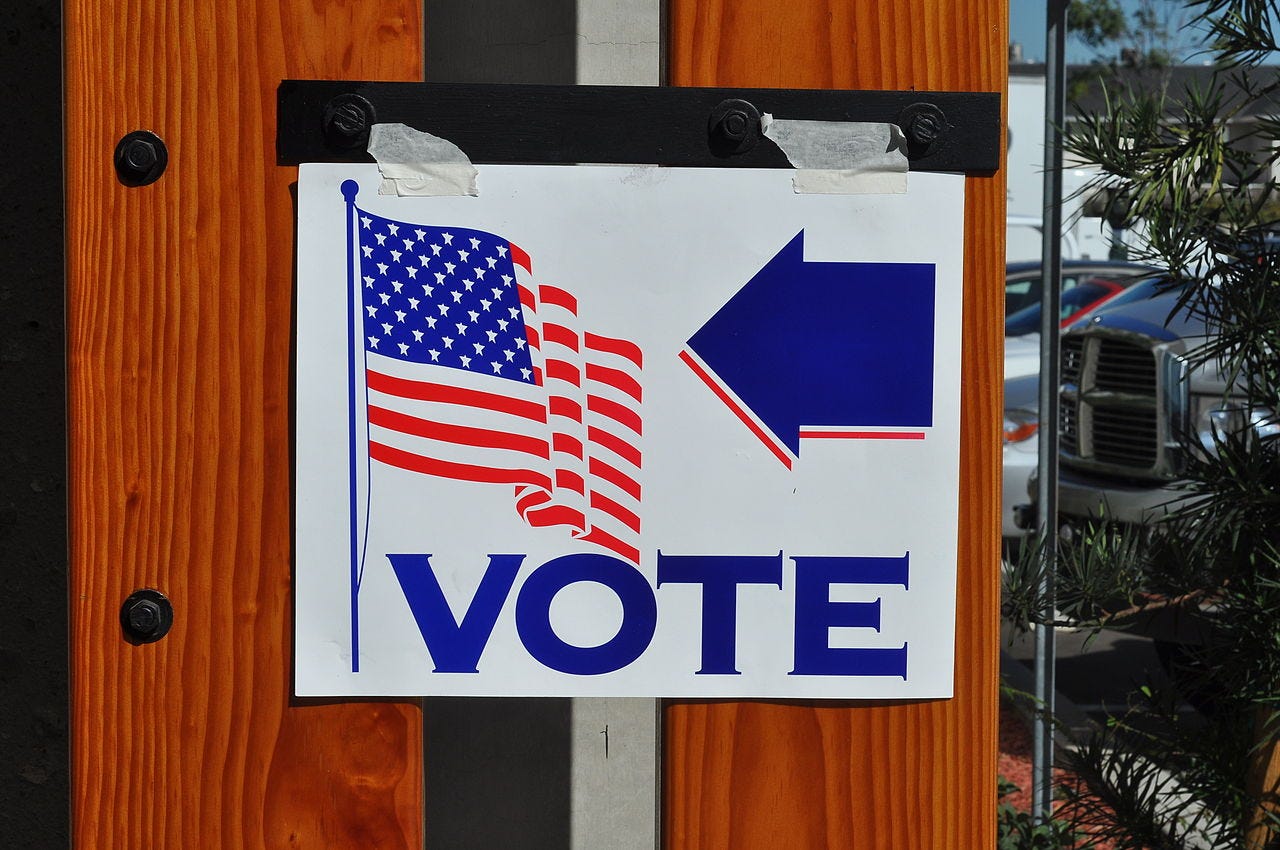Democrats Keep Fighting Fighting For Two Voting Rights Bills -- But They Are Not The Same
HR 1 is the bigger measure, but Manchin backs John Lewis Act
With Congress getting back to work this week after the Memorial Day break, Democrats are fighting for two contentious voting rights bills.
But beware: Not all controversial voting-rights legislation is all the same.
House Speaker Nancy Pelosi updated House Democrats on the bills considered vital to the Democrats' agenda in a welcome-back “Dear Colleague” letter Tuesday.
“As we return to Session, we are challenged to ensure that, as we honor their sacrifice, we also honor our oath of office to support and defend the Constitution. We are at urgent moment because of the Republican assault on our Democracy. By contrast, Congressional Democrats have brilliantly and patriotically proposed legislation to respect the sanctity of our Democracy. I am writing to update you on the status of that legislation,” Pelosi wrote. “H.R. 1, the For The People Act, advanced by Congressman John Sarbanes and passed twice in the House, is awaiting action in the Senate. It is my hope that the passage of S. 1 will create a legacy for all of us who want to strengthen our democracy by:
Reducing the role of big, dark special interest money in politics
Stopping the voter suppression and protecting the vote of tens of millions of Americans
Ending political gerrymandering by establishing redistricting commissions.
“Our mission is to amplify the voices of the grassroots, as they vote, advocate for policy and choose to run for office,” she added. "H.R. 1/S. 1 must become law in order to respect the sanctity of the vote, which is the basis of our democracy.”

Congressional Democrats must move with particular care to craft HR 4, named for the late congressman and great civil rights leader John Lewis.
This is because it would essentially replace and supercede a key provision of the Voting Rights Act that, for decades, required a set of states to seek “pre-clearance” from the federal government before altering their voting regulations.
That is, until the Supreme Court struck down the pre-clearance provision as out-of-date.
It was after that provision was struck down that states began passing, with increasing acceleration, the series of voting-restriction measures roiling the nation today.
“In addition, it is essential that H.R. 4, the John Lewis Voting Rights Advancement Act, become law. When we pass H.R. 4, we must do so in a way that is ironclad constitutionally,” Pelosi said, referring to the fact that she and other Democrats want HR 4 want to be ironclad to withstand challenge before the high court.
“This is what Congressman [GK] Butterfield [D-NC] and the House Judiciary Committee are hard at work on now. H.R. 4 must be passed, but it will not be ready until the fall, and it is not a substitute for H.R. 1.,” Pelosi wrote. “Congressman John Lewis wrote 300 pages of H.R. 1 to end voter suppression. H.R. 1/S. 1 must be passed now. It would be our hope to have this pass the House and Senate in a bipartisan way.”
Bipartisanship is out the window on these bills. Most Republicans strenuously oppose both because they would cut those voting-restrictions bills they back in their tracks.
Sen Lisa Murkowski (R-Alaska) has announced her support for HR 4, as has conservative Democratic Sen Joe Manchin of West Virginia.
However, neither will back the broader HR 1.
Even with the support of Manchin and Murkowski, HR 4 faces in uncertain future in a Senate where most Republicans are likely to stage a filibuster.
"We're going to keep fighting to get both H.R. 1 and H.R. 4 through," House Judiciary Committee member Ted Lieu (D-Calif). “You are correct that H.R. 4 has more support, and in fact, Sen Joe Manchin appears to support an even more expansive H.R. 4, which would apply pre-clearance authorization to all 50 states, not just a select number of states.
"I also want the American people not to be dispirited about what’s happening, because even though you have these bad voter suppression laws being passed by Republican legislatures, they cannot actually stop you from voting,” Lieu added. “If you’re registered to vote, you can vote. And I think there's going to be a huge backlash next year with a lot of angry voters who are going to go out and vote to show the Republicans that they cannot suppress their vote."



